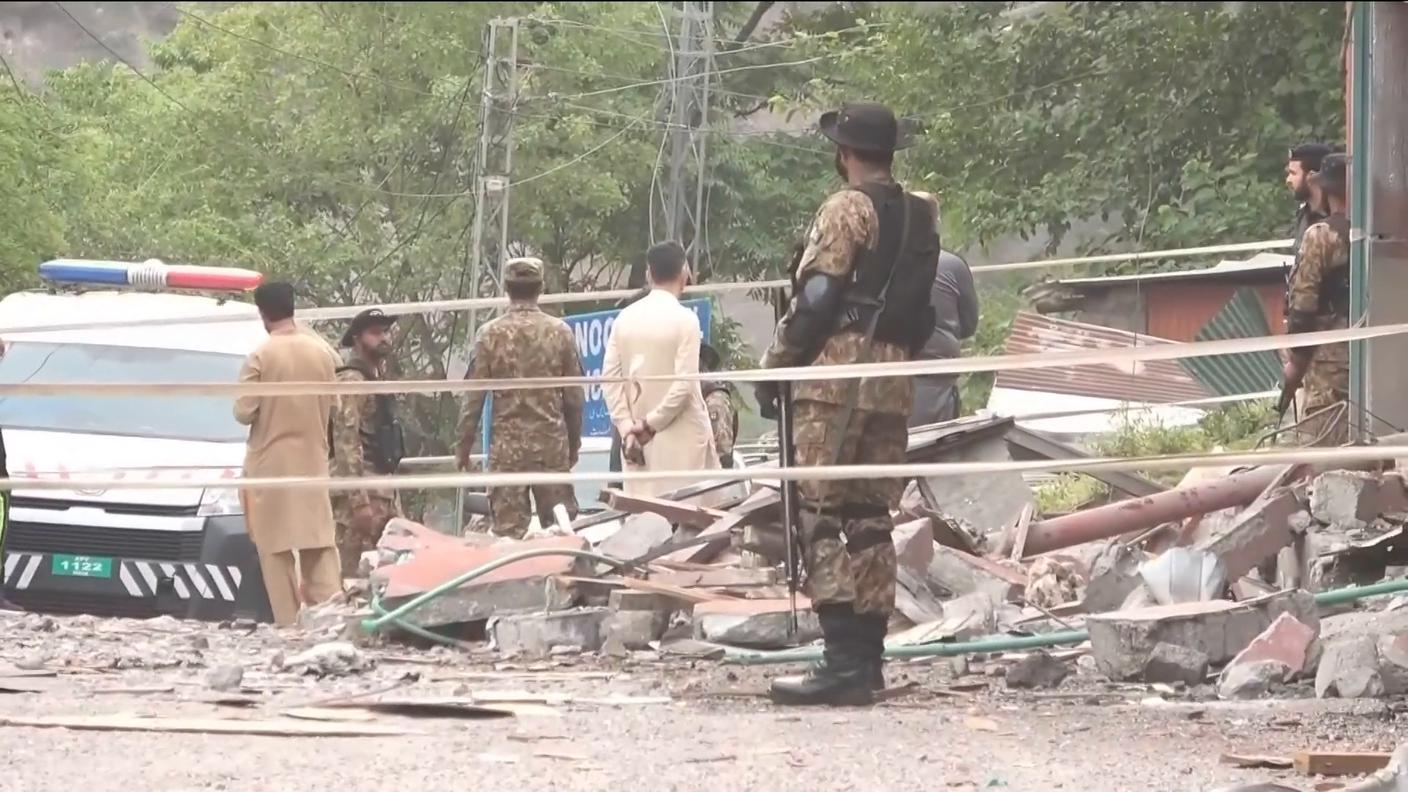India and Pakistan continue to launch missiles and drones on day three of fighting
After attacking each other in the past couple of days, both sides continue to launch air strikes and drones, with emergency measures imposed along the border. The two countries accuse each other of starting the violence and infiltrating their respective territory. New Delhi has also intensified non-military measures against Islamabad, putting pressure on the International Monetary Fund, as well as blocking parts of the Internet. It has also taken advantage of tensions to crack down on domestic opposition.
New Delhi/Islamabad (AsiaNews) – The confrontation between India and Pakistan has not yet found a resolution. Overnight the two countries engaged in a series of military operations along their mutual border.
According to reports from the Indian military, Pakistan launched multiple strikes with drones and heavy artillery following air raids conducted by India the day before against alleged terrorist camps in Pakistani territory in response to the terror attack against Hindu tourists on 22 April Pahalgam, Indian-administered Kashmir.
As the two countries, both nuclear powers, continue to trade accusations, concerns are rising that the escalation might spiral out of control.
The Indian military said Pakistani drones were intercepted and effectively repelled overnight and that all the violations were addressed with a proportionate response.
For his part, Pakistan Information Minister Attaullah Tarar said the Indian statement was “baseless and misleading”, and that Pakistan had not undertaken any “offensive actions” in Indian-administered Kashmir or beyond its borders.
Pakistan also denied attacking the Indian cities of Pathankot (Punjab), Srinagar (Kashmir) and Jaisalmer (Rajasthan). Islamabad branded the accusations as "politically motivated” and reiterated that it had neutralised at least 77 Indian drones.
Yesterday evening, the Indian Border Security Force said it had foiled a “major infiltration bid” in the Samba region, while shelling continued today in the Uri area, where a woman was killed and three people injured. Several houses caught fire due to artillery shelling.
The ongoing fighting is believed to be the worst since the 1999 Kargil War, and the first in which India has struck sites in Pakistan proper, outside Pakistani-administered Kashmir, since a full-scale war in 1971.
Sirens sounded for hours in several border towns, including Amritsar, home to the Sikh Golden Temple, where tourists fled by road after the airport closed. “We really wanted to stay but the loud sounds, sirens, and blackouts are giving us sleepless nights,” said a British national cited by Reuters.
In several areas, including Bhuj (Gujarat) and Bikaner (Rajasthan), emergency measures have been taken, including shutting down schools and using tourist buses to move residents to safer places.
India, however, is taking advantage of the situation to crack down on dissent at home. Hundreds of social media accounts believed to be close to Pakistan have been blocked. This has also hit The Wire, an independent Indian news outlet, which is no longer available in the country.
Before launching missile attacks, India resorted to several non-military countermeasures (such as suspending the Indus Waters Treaty and blocking imports from Pakistan). Now it is pressuring the International Monetary Fund not to grant Pakistan further bailout loans.
Meanwhile, more reports suggest that Chinese-made J-10C fighter jets shot down several Indian air force planes, angering Hindu extremists who back Modi's government, keen for a harsher military response.
For their part, countries like the United States and China have urged the parties to de-escalate, but no one has proposed an intervention to curb the violence.
“We want this thing to de-escalate as quickly as possible. We can't control these countries, though," said US Vice President J D Vance in an interview with Fox News.
05/05/2025 17:42
08/05/2025 19:07
04/03/2019 19:01







.png)










